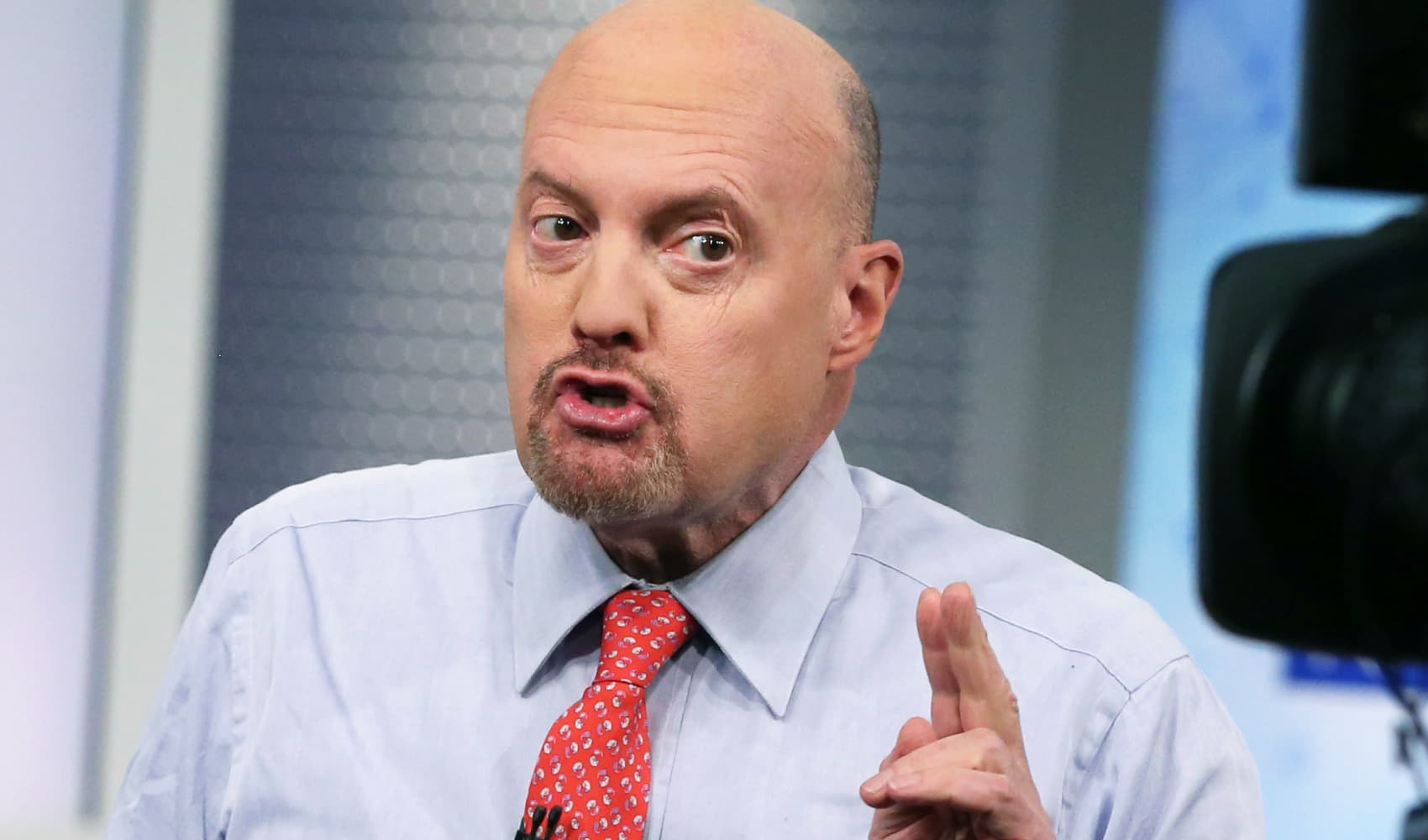
- President Joe Biden's new executive order tightening asylum limits at the U.S.-Mexico border could mildly dent growth in the U.S. labor market, but it may also help unclog supply chain bottlenecks.
- Immigrants helped buoy the U.S. workforce throughout the pandemic, supercharging America's economic recovery.
- A migration slowdown could threaten that labor market strength, economists say.
- But limiting migrant crossings could also clear up shipping bottlenecks at the U.S.-Mexico border and potentially ease inflationary pressures.
President Joe Biden's new executive order tightening asylum limits at the U.S.-Mexico border could have the double-edged economic effect of tightening labor markets, while also easing supply chain bottlenecks between the two countries, economists and trade analysts say.
The measure will temporarily bar undocumented immigrants who enter the U.S. at the southern border from obtaining asylum, except in certain cases, and make it easier for U.S. Border Patrol agents to deport these people quickly.
"The simple truth is there is a worldwide migrant crisis," Biden said at the White House on Tuesday. "If the United States doesn't secure our border, there's no limit to the number of people that may try to come here."
Get top local stories in Southern California delivered to you every morning. >Sign up for NBC LA's News Headlines newsletter.
On Tuesday, Biden confirmed in a call with Mexican President Andrés Manuel López Obrador that he approved three new permits to build delayed bridge projects along the Texas-Mexico border. That new bridge infrastructure could further ease shipping congestion and expedite trade between the two countries.
The asylum restrictions are triggered when the average daily number of migrant encounters exceeds 2,500 over a week. The restrictions are then lifted two weeks after the government determines that the daily average of migrant encounters fell below 1,500 for seven consecutive days.
Currently, the average number of encounters with migrants is roughly 4,000 per day, Department of Homeland Security officials told NBC News.
As a result, a senior administration official told reporters that the temporary ban will be "in effect immediately."

The temporary shutdown would not block trade or travel, however. It would still allow immigrants who enter the United States legally to apply for and receive asylum.
Money Report
"For those who say the steps I've taken are too strict, I say to you, be patient," Biden said in his Tuesday remarks, which seemed to have been made, in part, in acknowledgment of the ire on the new restrictions from progressives.
But economists and industry representatives say the action has potential impacts on the U.S. labor market, trade, supply chains and inflation.
"This is a modest move as far as immigration changes go, so I think it would have only a small effect on job growth and economic expansion," said Ernie Tedeschi, economics director at Yale University's Budget Lab. Tedeschi formerly served as chief economist at the White House Council of Economic Advisers.

The order is also designed to serve as Biden's political response to public anger over a wave of undocumented immigrants. This frustration has become a voter liability ahead of Biden's likely November rematch against former President Donald Trump.
But border policy also impacts the way that businesses trade, hire workers and price consumer goods — all of which bear on the health of the U.S. economy.
So far, experts say the short-term economic impacts will be relatively small. Specifically, the new asylum limits could put a gentle dent in U.S. labor market growth. But they might also help unclog supply chain bottlenecks at the border and streamline trade with Mexico.
Could this hurt the economy?
If the new border measure bruises the economy at all, experts say the pain point will likely present itself in the labor market.
If the border temporarily stops accepting new asylum-seekers under Biden's executive order, the immigration slowdown could mildly dent the strong U.S. labor market, which has already shown signs of softening.
"I'd expect [job] numbers to cool a tiny bit," Tedeschi said. "I'd also expect many immeasurable effects: Say, a business finding it a bit harder to find the workers they need to open a new location."

Since 2019, immigration has added 2 million workers to the U.S. labor supply, according to an April analysis by Tedeschi. Without immigrants, Tedeschi estimated that the size of the U.S. labor supply would have shrunk by 1.2 million during that period.
"A steady influx of immigrants is critical to ensuring the U.S. labor force can continue to grow," said Brookings Institution economist Tara Watson.
Immigrants also helped supercharge the country's post-pandemic economic recovery, which, despite many hiccups, has outpaced developed nations around the world.
Tedeschi approximated that immigrants accounted for one-fifth of the pandemic growth in U.S. gross domestic product.
Will goods get more expensive?
The short answer is that this executive order will probably not increase inflation.
"Immigration has an ambiguous effect on inflation since immigrants expand supply but also bring added demand as well," Tedeschi explained.
Some experts say the executive order could bring down costs by smoothing out the U.S.-Mexico supply chain.

Shipping at the border sometimes gets clogged because Customs and Border Protection, or CBP, agents get tied up trying to process an overwhelming number of migrants.
"When you slow down that logistics chain, it costs everybody money," said Jerry Pacheco, president of the Border Industrial Association, a New Mexico trade group that represents over 100 businesses that rely on Mexican producers.
These elevated producer costs can ripple through the entire economy.
"It's like a hot potato. It's passed on from the logistics companies to manufacturers and manufacturers pass it on to us, consumers. That has a profound negative impact on our economy," Pacheco said.
Biden's executive order could help clear some of these supply chain bottlenecks. By placing limits on the number of migrant crossings, CBP agents would have more time to facilitate faster shipping with Mexico.
"This probably should have been done a year ago, two years ago," Pacheco said.
The Trump alternative
Despite some of the potential economic silver linings of Biden's border policy, Pacheco said the best border policy for the economy and the labor force would be one that provides a long-term fix to the nation's "broken immigration and visa system."
Watson of Brookings agreed. "The better way to manage the border situation would be to create more regular legal pathways," she said.
In the meantime, Biden's new executive order is expected to have both milder economic and humanitarian effects than the wholesale border shutdown and hardline deportation strategies that Trump and some Republicans are proposing.

Experts say draconian immigration policies could stoke the embers of inflation that the Biden administration has been working to stamp out.
"I used to always chuckle when former President Trump would say that," Pacheco quipped, referring to Trump's pledge to shut down the border.
"I mean, that would be like taking a shotgun, not a pistol, and shooting ourselves in the kneecap."
In response to CNBC's comment request on how Trump's immigration proposals would impact inflation and the cost of goods, the Trump campaign pointed to its statement generally attacking Biden's border policy.
"The border invasion and migrant crime will not stop until Crooked Joe Biden is deported from the White House," the statement read.






